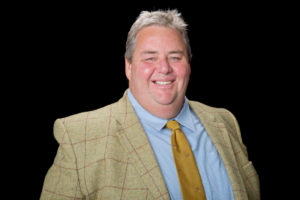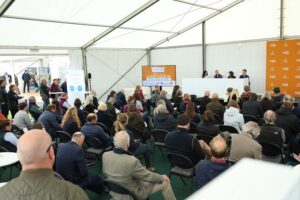 Farmers who want to make over assets to the next generation but don’t want to wait seven years to qualify for Agricultural Property Relief should consider using a Discretionary Trust.
Farmers who want to make over assets to the next generation but don’t want to wait seven years to qualify for Agricultural Property Relief should consider using a Discretionary Trust.
According to rural accountant Old Mill, using a Discretionary Trust eliminates the requirement to live for seven years after making a gift and also helps when assets are likely to fall out of agricultural use over that time.
Any assets that benefit from Agricultural Property Relief (APR) have their value discounted to nil in terms of Inheritance Tax (IHT). “But non-farming assets do not qualify for APR, so it is advisable to transfer surplus properties over before they fall into non-agricultural use,” says Mr Butler.
However, if the recipient ceases to use the asset for agricultural purposes and the donor dies within seven years of making the gift, then the value of the asset will be brought back into the estate, thereby making it chargeable to IHT – even if the asset qualified for the relief at the time of the original gift.
This is where the Discretionary Trust comes in – fixing the relief when the gift is made, even if the agricultural use of the asset is to cease shortly after, says Mr Butler. “The simple way of achieving this is by not transferring the asset directly to the recipient but placing it within a Discretionary Trust,” he explains. “The tax treatment is different in that even if the asset subsequently ceases to be eligible for APR there is no risk of having to look back at that gift and suffer the loss of the IHT relief should the donor die within the seven-year period.”
Of course, many people don’t want to be hamstrung by holding assets within a Trust. “There is no need to leave the assets within the Trust; they can be distributed out to beneficiaries once the seven-year anniversary has expired,” he explains. “However, there may be good reason to leave the asset within the Trust where there is uncertainty as to who the asset is to go to, and also to provide an element of protection in matrimonial issues.”
It is also important for donors to consider only transferring assets up to the IHT threshold of £325,000 to ensure this strategy has full effect. This would mean two parents in a farming family could make over assets up to the value of £650,000, and potentially more, depending on circumstances. “With the value of property increasing and the risk of IHT relief being withdrawn by future governments, farmers should seriously consider taking advantage of the opportunities available today – rather than hope it will be possible to act at a later date.”
- For more information contact Mike Butler on 01749 335029 or visit www.oldmillgroup.co.uk.
About Old Mill
Old Mill accountants and financial planners employ 250 staff in four West Country offices. The Rural Services teams are headed by Andrew Vickery, with offices in Yeovil, Wells, Exeter and Melksham. Looking after over 1,200 farmers they are one of the leading specialist farm accountants, and are happy to help with any financial and tax-related enquiries from the media.
For more information contact:
Ben Carter, Rural Sector Partner. Tel: 07825 620052 or e-mail: [email protected]



